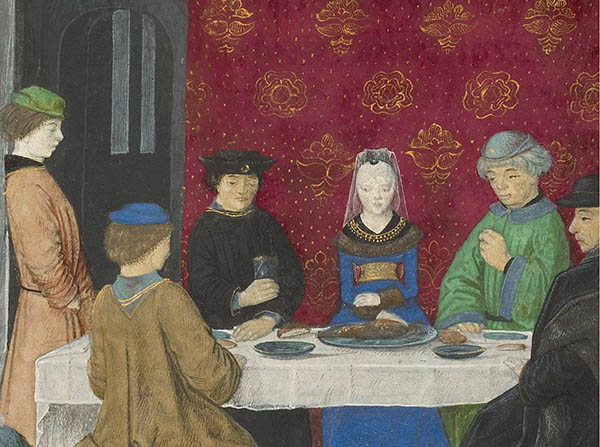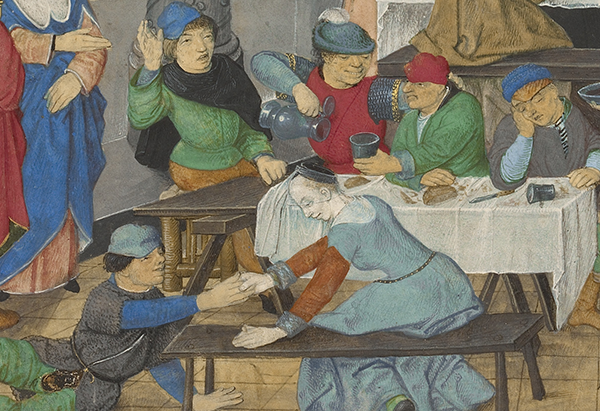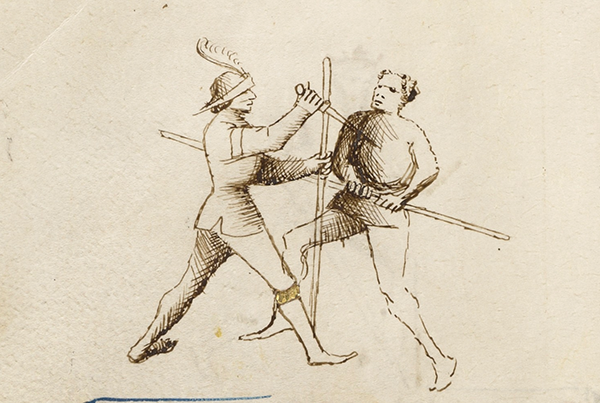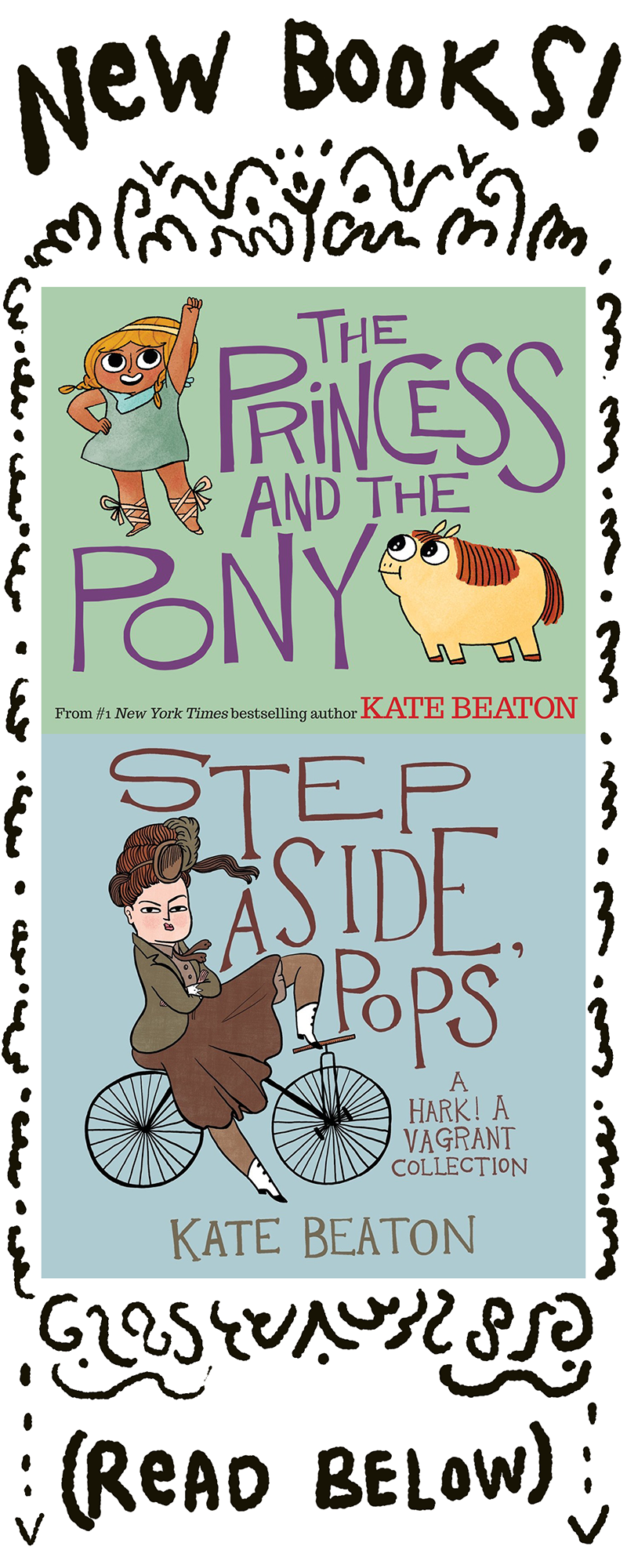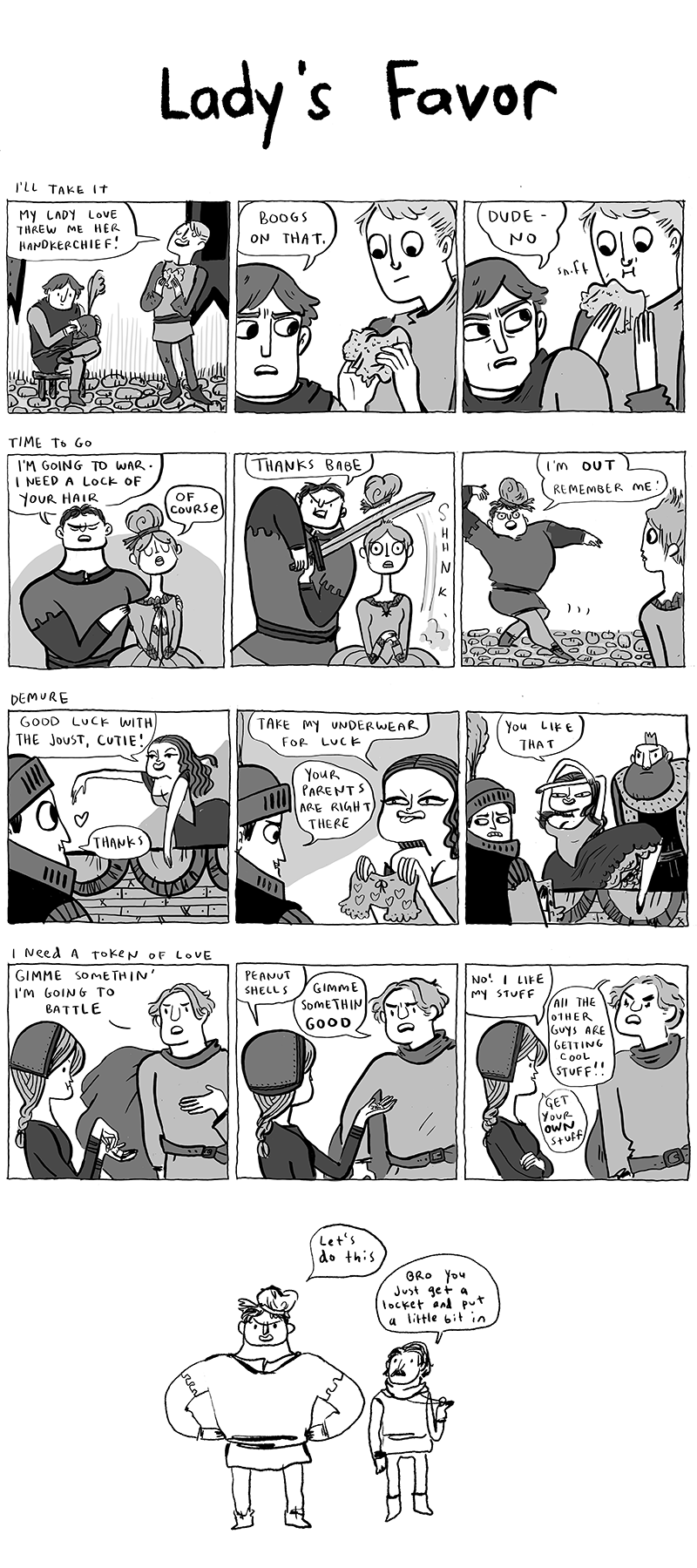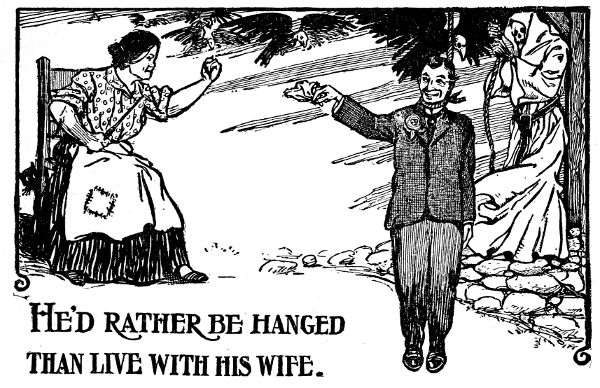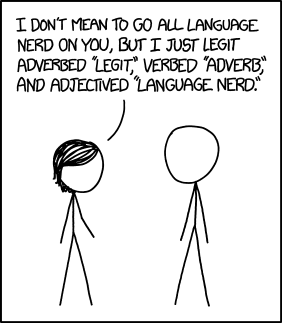
Gravitas Ventures
As of about a week ago, I didn’t feel like I needed to know anything more about furry culture. They love humanoid animals and dressing up like plush toys, which may or may not include f*cking each other. Cool, man! Everyone’s gotta have interests! In the age of the internet, and speaking as a guy who’s attended Comic-Con, the AVNs, Gathering of the Juggalos, and bondage film premieres, the idea of a group of people sharing a a strange fetish in and of itself isn’t a huge source of fascination anymore. Rule 34, etc.
Nonetheless, when I was offered an interview with Dominic Rodriguez, director of the newly released documentary Fursonas, and a furry himself, I figured, why not? Interviews are easy, and maybe I’d learn something. I turned on Fursonas, figuring I could watch a few minutes and it’d help me think of something to ask besides So, how do you clean semen off of plush? Once I started Fursonas, I found I couldn’t turn it off.
The first few furries profiled were revealed to be lonely, possibly broken people — no surprise there. Like “Boomer,” a Pittsburgh man named Gary Matthews who wears his shoulder-length hair with dog-ear-like bubbles on top of his head and who tried to legally change his name to “Boomer the Dog.” Watching Boomer walk down the street in his $7 dog costume made of shredded paper is a little like watching a car crash at first.
As time goes on, however, you can’t help but be charmed by the genuine fulfillment the characters seem to derive from their hobby, Boomer included. Few things are as endearing as watching someone live whatever weird dream they had for themselves, society be damned. Aww, I wish anything made me as happy as Dave is when he’s getting beaten across the testicles with a rubber chicken.

Gravitas Ventures
Even so, the beauty of self-acceptance can only occupy so much screen time, and before long, Fursonas introduces us to “Uncle Kage,” a cartoon-voiced Pennsylvanian who appears almost exclusively without his fur suit (unlike some other Fursonas characters who prefer to remain anonymous). He starts off seeming like the ideal furry spokesperson: open, unassuming, articulate, and singularly capable of explaining what makes furries tick in a way that even skeptics and outsiders can understand. “We’re childhood outcasts who, denied the acceptance of our peers, found that acceptance in the welcoming arms of cartoon animals. And people who, as adults, never forgot our old friends.”
Hey, that makes sense. This Kage guy, he makes furrydom sound damn near reasonable. Fursonas shows him giving media training to help furries deal with the media as well as he can, and it seems like a worthwhile goal. He teaches them how to deflect questions about furry sex without outright denials — neutralizing sensationalism without committing perjury.
But Fursonas… It’s got levels, man.
And as Rodriguez peels back the layers, we start to see a darker side of Kage, where the seemingly reasonable goal of mainstream furry acceptance appears to justify for him some harsh treatment and intolerance towards anyone within his community who might represent furries badly in the media. And, in so doing, reflect poorly on him. (Kage is quite transparent about his motivation, which humanizes him even as you turn against him).
The rub, without stating it too cheesily, is that Fursonas is about more than just furries. It raises relevant questions for any group trying to avoid being dismissed and disenfranchised (along with the sub-question of whether being dismissed is tantamount to being disenfranchised). What does mass acceptance mean, and what sacrifices is it worth?

Gravitas Ventures
You can see where Kage’s coming from, not wanting strangers to assume he’s like Boomer, even as he says unnecessarily cruel things about Boomer. You wonder if Kage’s the worst kind of hypocrite — a self-appointed, dictatorial leader of a group originally built as a refuge from enforced conformity and social norms. Fursonas finds furries who love him and furries who hate him, and you wonder if they’re both right. Does every ostracized group need to go through its Huxtable phase, putting on a sweater to show the mainstream that they’re not so scary? Or is furry-on-furry discrimination the result of internalized oppression?
The important takeaway from Fursonas, which is true for virtually any group, is that while from far away they might seem like a monolithic bloc, the reality is that the community encompasses a variety of types, and is made up of a somewhat diverse group of people who don’t always agree on things.
Dominic Rodriguez is one of the only people on Earth who could’ve told this story, being both a filmmaker and a furry. I got the chance to pick the 25-year-old first-time filmmaker’s brain the other day, and there was almost too much to cover.
So you are a furry?
I am, yes.
When did you first know? When was it a conscious thing?
When you’re talking about like… I consider furry like an identity, that sort of thing. It was a process, it started when I was like 12. When I first started to get interested in the idea of anthropomorphic art and stuff like that that I was finding online. And porn, obviously. It was not a conscious… I guess you could say I was in denial. It was not something that I wanted to share with people. I didn’t consider myself to be a “furry,” I just was interested in it. But I guess the definition of “furry” is anybody interested in this stuff. Over time, for two years working on this documentary, my crew didn’t even know that this was a part of my life. I was very closed off about it.
Interesting.
I’m amazed they would ever talk to me again after I lied to them about something that huge. The project was about being honest with… I was trying to get people to be honest with me and it seemed hypocritical to not be honest with them. Also, I was getting more into it as the film was going on, so when I started I didn’t have a suit. I actually kind of thought suits were a little creepy when I started. Now I love it, and I have a suit, and I drank the Kool-Aid.
How often do you wear the suit?
Whenever I get the chance. If it were up to me, I would go to a convention every month, but I’m not always able to do that. I’ve been able to go to way more now that I’m promoting the movie and stuff like that, so that’s been fun.
In the movie, I forget which character it is, but he says that he thinks that 80 percent of furries are male and 80 percent of those are gay. Was that true for you? Was there a coming out process as a furry and another kind of coming out at the same time?
Oh yeah, definitely. First, I feel like I should acknowledge that I feel like you get it, because you are like “this person says,” you didn’t just say “…now 80 percent of furries are gay.”
I feel like so many articles, they just accept that as if he’s a scientist and he did this super legitimate study or something. It’s mentioned in such a throw away manner. He’s just talking about his experience.
I’d say in my experience that’s pretty true though. Definitely, I’m gay, and one of the things that I sort of think is that… This runs pretty deep for me, and I feel like I didn’t choose being a furry, but I feel like being gay was more of a choice for me than being a furry.
Really? Why do you say that?
For me, it’s like furry is something I think about every day, in the sense that I feel like it informs my life more. When you’re talking about labels and stuff like that, I feel like I use the label “gay” for other people. You know, to understand me. That’s not something that I feel like I need to define, but everybody wants to put things into little boxes and categorize and make sense of things, so that’s not something I take as seriously I guess.
Do you think accepting a queer identity makes it easier to accept a furry identity? Do you think those are connected in that way?
Yeah, I think so. I keep using the word identity, and the thing is it’s like… This is still just my experience and my opinion, there’s a million people that are going to comment on this article that say “Well no, he’s wrong, blah blah.” I think that calling it a hobby does it a disservice, because I think it is more of an identity for a lot of people.
When you’re saying people just put that fact in their article as if it were a scientific study, that was going to be one of my other questions. When you’re shooting a documentary and you’re shooting a character talking, and he’s saying something that you don’t necessarily agree with yourself, do you feel like you have to present it in a way that it doesn’t feel like an endorsement?
I think, as far as documentary filmmaking goes, in the broader sense, I feel like there’s two ways to approach that. There’s the documentaries that, everything you’re hearing is meant to be truth. Usually, if you’re talking about history or science or things like that, that’s the truth. You know?
I’m exploring more kind of like vague ideas of people and what makes them tick and stuff, and so for me, the kind of documentary that I want to make is that there is no truth other than that this person is saying this at this point in time. That’s the only thing that you can know for sure. I made a big effort with the movie to take away any one voice of authority, and give it more to a bunch of people. That’s why I don’t agree with Uncle Kage, because I feel like that’s one voice of authority. That’s why I also didn’t interview any psychologists. The moment you hear a psychologist talk, you’re like “Oh, this is true,” and I just didn’t want to do that.
Tell us about the Uncle Kage character and the role he plays in the community.
He is the chairman of Anthrocon. Anthrocon is the largest furry convention in the world, and it’s in Pittsburgh. He is definitely an authority figure, and I think a lot of furries don’t take him necessarily that seriously. The way I feel about it is that he kind of has the power that people give him, and if you don’t really care then it doesn’t really make that much of a difference. I think some furries make the mistake that that means that it doesn’t matter what he says or what he does, because I think he still is an authority figure and he still influences a lot of people. Especially new furries that are coming into the scene, and look up at this guy who seems to know what he’s talking about. I think it represents a way of thinking that I disagree with, that is basically like “What’s good for the community is more important than what’s good for you individually, and your needs to express yourself should be secondary.” And I think the opposite.
Is that part of the first stage of mainstream acceptance, trying to show that “Hey, we’re still super normal.” Is he sort of just trying to make that step happen?
I think that that’s… God, it’s so complicated. Yes. The answer is “yes” to that in the sense that he wants furry to be seen as force of good. I’ve talked to a lot of furries about this, but obviously I disagree with his approach, and then other furries have said like “Well, yeah, but you know why he’s doing it right? He’s doing it to protect us, and he’s doing it for the greater good.” You know? I think that the thing about that is, maybe there was a time when what we needed was that kind of treatment, like to be super super careful, and not let anybody talk to the media unless they were just amazing representatives. Maybe back in the late ’90s, early 2000s, when you had stuff like the CSI episode and that was all people knew furries from. Maybe then we had to be more careful. I still would question that, but okay I can buy that.
The thing is that it’s 2016, and we’re having much more complicated conversations about identity and transgender issues, and all this stuff, and I think that we don’t need to be as careful anymore, I don’t think. I think that it’s actually going to be counter-productive, because I think the way you endear people to something is you just be real with them, instead of showing them a PR commercial.
Is there a parallel between the “freakier furries” versus the ones who sort of pass, is there a parallel between that, and sort of the history of gay rights and the trans movement? Were you conscious of parallels between furrydom and other things?
No, I was always trying to think about that stuff. You can’t not. Even before I knew what I was going to encounter, I wanted the movie to be about more than furries, and I wanted it to be a window into people, into community. I think that the problems that this community faces are not unique to furry.

Gravitas Ventures
Is part of the conflict that you’re trying to come together under one label but then still maintain a diversity of view points within that?
Yeah, absolutely.
It feels like there’s sort of a burden of representation, where if you talk to the press, you know that whatever you say they’re going to apply to every furry.
I’ve been sort of tested now, because for years I’ve been saying “What are you guys so worried about? Why can’t you just be real with me? I’m not going to exploit you. I’m actually going to make something real and something that people can care about.” Now, I’m the one that has to go and be the furry spokesman, and answer your questions about being a furry, so I kind of get where they’re coming from. It’s different when you’re in the hot seat, so I identify with that pressure. I still feel like, I made the movie and I’m defending the movie and I think that we shouldn’t apologize for who we are.
When we talk about acceptance, what would that even be? For furries to be “accepted,” what would that entail?
I don’t know what they want. Somebody made a comment, it wasn’t in the movie, but he was like, “What do we want? Like national furry day?” It’s never good enough, because they have these impossibly high expectations for what the furry ideal is. They want to be seen as this force of good, and it’s just impossible because gay people aren’t seen as a force of good, they just are. Same could be said for religious things. I think the best thing we can hope for is that people aren’t giving us shit, that people just don’t care that much. I think people don’t care that much. I think that the people that care the most are furries. I think that the public is not out to get us as much as the furries have convinced themselves that it is.
Fursonas is available across all digital VOD platforms today.
Vince Mancini is a writer, comedian, and podcaster. A graduate of Columbia’s non-fiction MFA program, his work has appeared on FilmDrunk, the UPROXX network, the Portland Mercury, the East Bay Express, and all over his mom’s refrigerator. Fan FilmDrunk on Facebook, find the latest movie reviews here.







![[10 years later] Man, why are people so comfortable handing Google and Facebook control over our nuclear weapons? [10 years later] Man, why are people so comfortable handing Google and Facebook control over our nuclear weapons?](http://imgs.xkcd.com/comics/planning.png)



 About three and a half years ago, local restaurant publicists and brothers Jared and Steve Rivera decided to launch an app that collected the food recommendations of chefs the idea being that who better to ask where to eat in any given city than the chefs who live and eat there. [
About three and a half years ago, local restaurant publicists and brothers Jared and Steve Rivera decided to launch an app that collected the food recommendations of chefs the idea being that who better to ask where to eat in any given city than the chefs who live and eat there. [ 
